
FDA-Approved CBD Products
CBD is clearly in pretty much everything, from food and beverages to pillows. Anyhow, it is uncertain as to how much the FDA prioritizes it from an enforcement standpoint, plus what this federal agency expects from CBD producers.
Search for a list of FDA-approved CBD products on Google, and you will find only one item in it. Anyhow, the federal agency has not disapproved of the utilization of some hemp components in food items with a GRAS designation. Anyhow, the agency’s official stance on cannabidiol is that it is unsellable in the form of a food additive or dietary supplement. Then again, that stance has not prevented supplement and food manufacturers from keeping on producing and marketing CBD items.
Almost every CBD product marketer has evaded the FDA’s enforcement measures until now. Some companies may have received FDA CBD warning letters, but most of those marketers have not faced these measures. Any business claiming that its CBD goods can treat an ailment may face the measure from the FTC and/or the FDA. This federal agency keeps monitoring the CBD market for possibly unsafe goods, which led to it sending the said letters to some companies.
The agency identified concerns regarding high-risk CBD administration routes, such as inhalation, ophthalmic, and nasal, for the items concerned. The FTC acted against deceptive claims about CBD goods. On the other hand, some think that the FDA will stay focused on forming policies associated with the utilization of cannabidiol in consumer goods. It is thought that the FTC will go after companies making aggressive claims about cannabidiol’s disease treatment capabilities.
The FDA has reiterated that cannabidiol cannot be included in dietary supplements and other food items. Anyhow, it has only enforced the greatest-risk lawbreakers, like those claiming that CBD goods could diagnose, prevent, treat, and/or cure severe health conditions. This is not an enforcement measure specific to CBD goods, as the FDA tends to issue warning notices to supplement or food producers that make comparable claims.
Anyhow, if the agency treats cannabidiol effectively in the same manner as it implements its federal regulations for food items or supplements, the CBD sector would have to consider the following.
- Where the FDA sets a limit on what it can accept and what is unacceptable.
- Whether the above-mentioned consideration even matters.
An anticipated FDA policy initiative is likely to throw light on the above. Last year, the FDA filed the guidance document that outlined the agency’s enforcement discretion policy with the US Office of Management and Budget for review. After it, the CBD sector has been waiting for further updates on it. Anyhow, it has not yet been cleared. Last December, the Policy Director for the FDA Principal Deputy Commissioner, namely Joseph Franklin, said that the agency submitted it back then for the review as a usual process. Franklin did not say anything except that on the matter in December last year.
The agency’s past official enforcement discretion documents have outlined must-meet requirements to avoid facing its enforcement. The documents promote voluntary compliance, whereas letting the agency make its small number of enforcement resources part of greater-priority initiatives. Will that policy for cannabidiol be published this year? If yes, it would formalize the agency’s present practice of targeting higher-risk lawbreakers, while still making it easier to understand the other things it contemplates while making enforcement choices. As evident from its use of comparable policies for COVID-19 PPE, offering clarity with guidance that supports companies that want to follow those by giving practical guidance.
That practice acknowledges the fact that the FDA lacks the resources for monitoring every product coming under the agency’s jurisdiction. Companies choosing to operate beyond the extent of those kinds of policies are likely to invite the FDA’s enforcement actions.
The delayed review for that guidance document might accelerate as the US would have a new government in January 2021. Anyhow, alternative policy initiatives may change the CBD regulation. The Çongress’s action is a likelihood, considering earlier bipartisan keenness on forming a legal course of action for cannabidiol.
A law introduced last September may make products derived from industrial hemp categorized as dietary ingredients, thereby enabling manufacturers to include these in the said supplements. The regulatory requirements for the supplements would apply to cannabidiol as the ingredient. Some of those requirements are adherence to Good Manufacturing Practices, plus the ones related to labeling. The law is in committee even today, but the industry considers it a clear way forward for CBD product marketing and confirming that the items are safely made and marketed.
Moreover, with the industry maturing fast, a producer could always file an NDA notification with the FDA this year without any objection. That would pave the way for this agency to indirectly admit that it is safe to add cannabidiol to the aforesaid supplements.


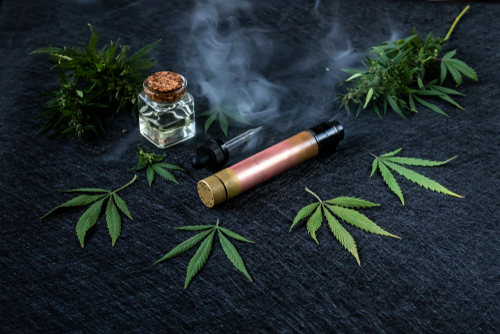

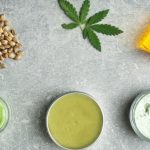
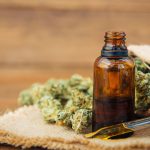
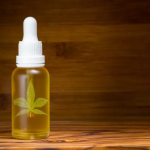
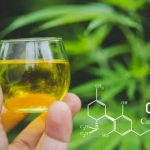


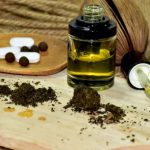
Leave A Message